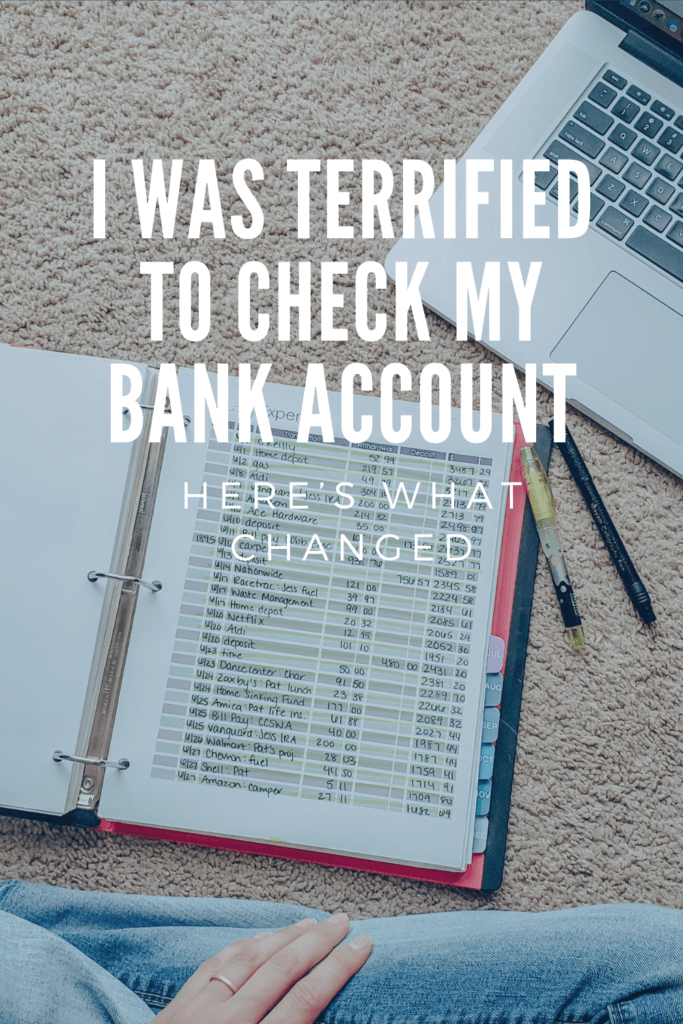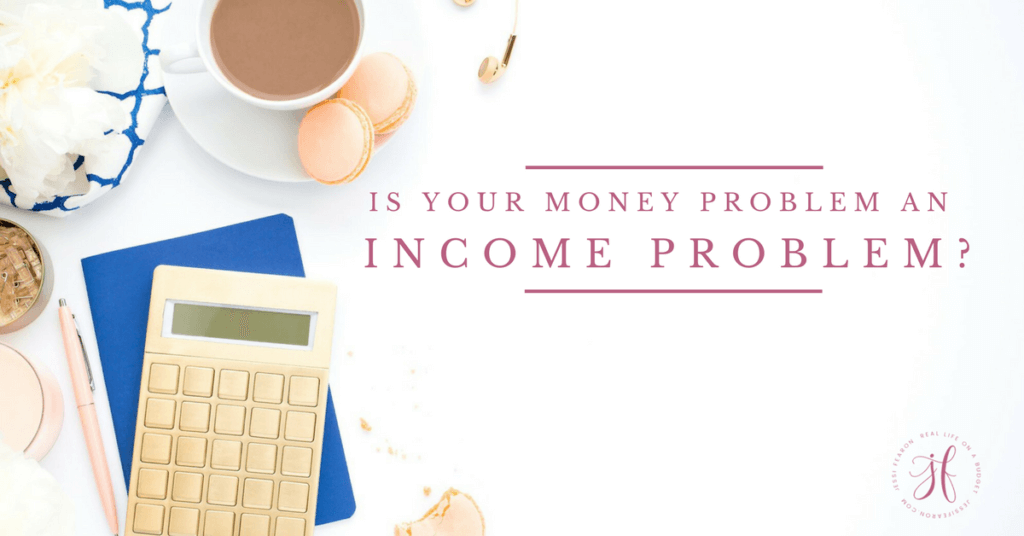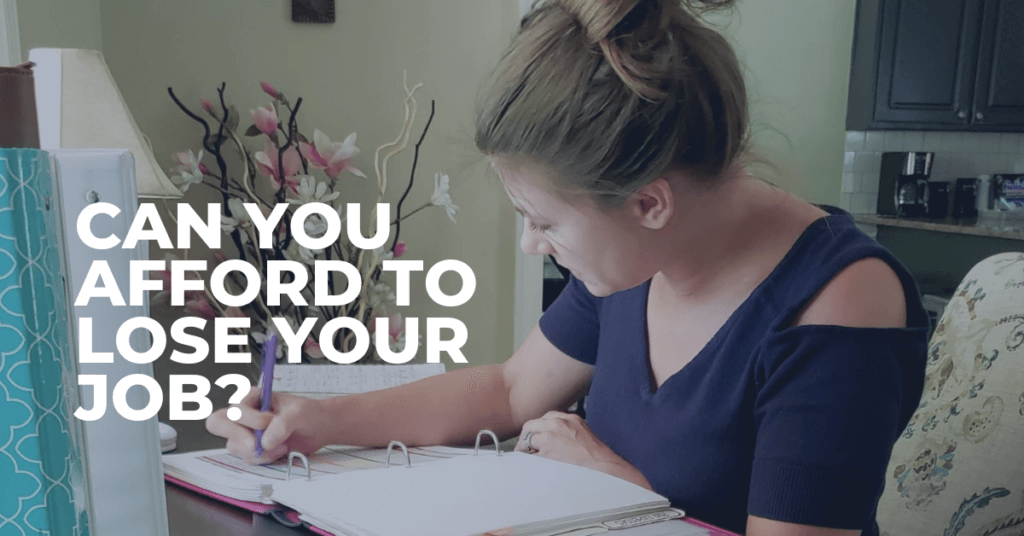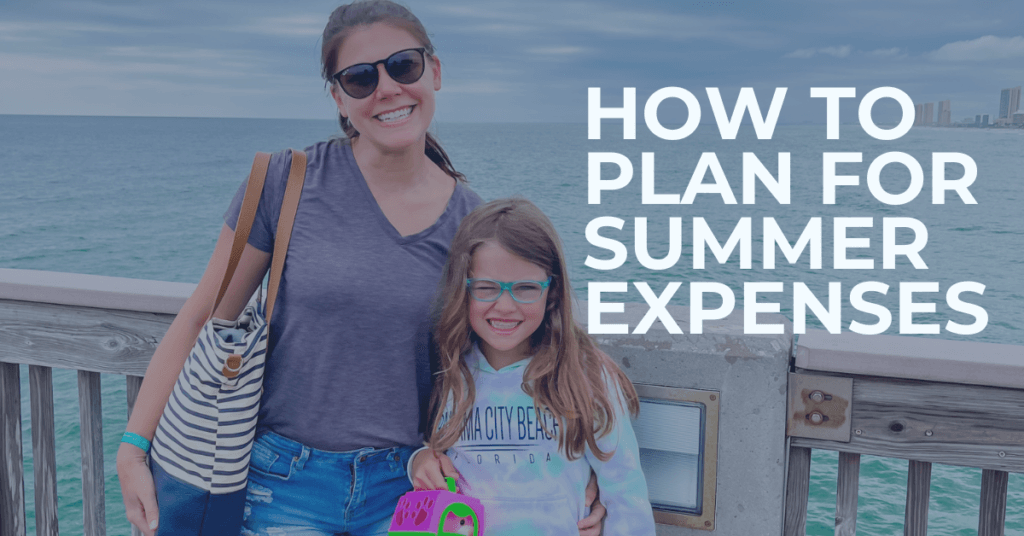
I used to avoid my bank account like it was haunted. The very thought of logging in would make my chest tighten and my stomach drop. I’d swipe my debit card with fingers crossed, hoping there was enough to cover groceries, gas, or that random Target run I didn’t plan for.
Sound familiar?
If you’ve ever felt a wave of anxiety just thinking about checking your balance, you’re not alone. It can be scary. For a long time, I believed that not knowing was somehow better than facing the truth. But that fear wasn’t protecting me—it was paralyzing me.
Here’s what changed.
1. I Realized Avoidance Was Costing Me
Avoiding my bank account didn’t make the numbers go away. In fact, it made things worse. By ignoring the storm that was brewing, instead of preparing for it, I just kept making things worse. I’d miss overdraft alerts, forget about automatic withdrawals, and overspend without realizing it. The fear of “what if” created more financial messes than the reality ever did.
Once I recognized that avoidance was a form of self-sabotage, I knew I needed a different approach.
2. I Set a Low-Stress Routine
Instead of waiting for a financial crisis to log in, I started checking my account every morning—just a quick peek. No spreadsheets. No judgment. Just information. And thus my “money minute” began.
This small daily habit helped desensitize the fear. Over time, it became as normal as checking the weather. And knowing what was happening in real-time gave me back a sense of control. I started doing this before we even decided to start budgeting and actually planning out our money goals.
3. I Gave My Money a Job
Before, my bank account felt like a chaotic mess—money came in, bills went out, and the rest vanished into thin air. When I started using a simple budget (nothing fancy, just a few categories and goals), things clicked. If you’ve read my book, Getting Good with Money, you know that I’m a huge fan of budgeting your actual dollars and cents, not just forecasting what you think you’re going to have.
I started giving every dollar a job—groceries, gas, savings, even fun. Suddenly, I wasn’t afraid of running out because I knew where my money was going and why. I had decided to not only sit in the driver’s seat but also grab the wheel and drive my money instead of it driving me.
4. I Celebrated Small Wins
Paying off a $45 balance on an old account? Win. Catching a subscription I forgot to cancel before it renewed? Win. Transferring $20 to savings instead of letting it get swallowed up? Big win.
These small victories helped me rebuild confidence. They reminded me that progress isn’t about perfection—it’s about momentum.
5. I Reframed the Fear
Instead of asking, What if I don’t like what I see? I started asking, What can I learn from this?
My bank account became a tool—not a judgment. It showed me my habits, patterns, and opportunities to do better. And when I started seeing it that way, the fear lost its power.
Final Thoughts
Being scared to check your bank account doesn’t make you irresponsible—it makes you human. But you don’t have to stay stuck in that fear. Start small. Stay curious. And remember: knowledge is power, even when it’s uncomfortable at first.
The first time I logged in without that gut-wrenching dread, I knew something had shifted. And that shift didn’t come from more money—it came from facing the truth with courage and compassion.
If you’re stuck in the same place I was, let me tell you: you’re not alone, and it can improve.






Leave a Reply